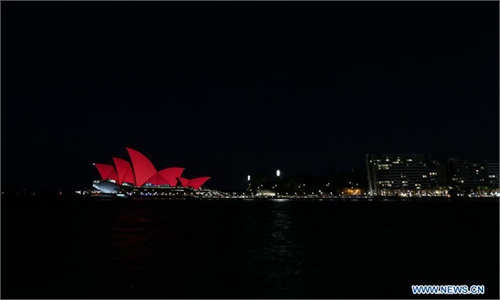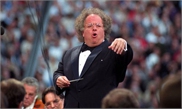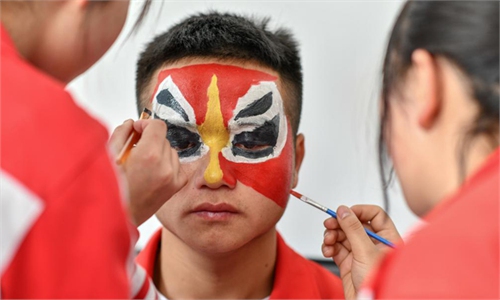ARTS / MUSIC
Renowned conductor sits in on Verdi’s opera classic at NCPA
Thoughtful reflection
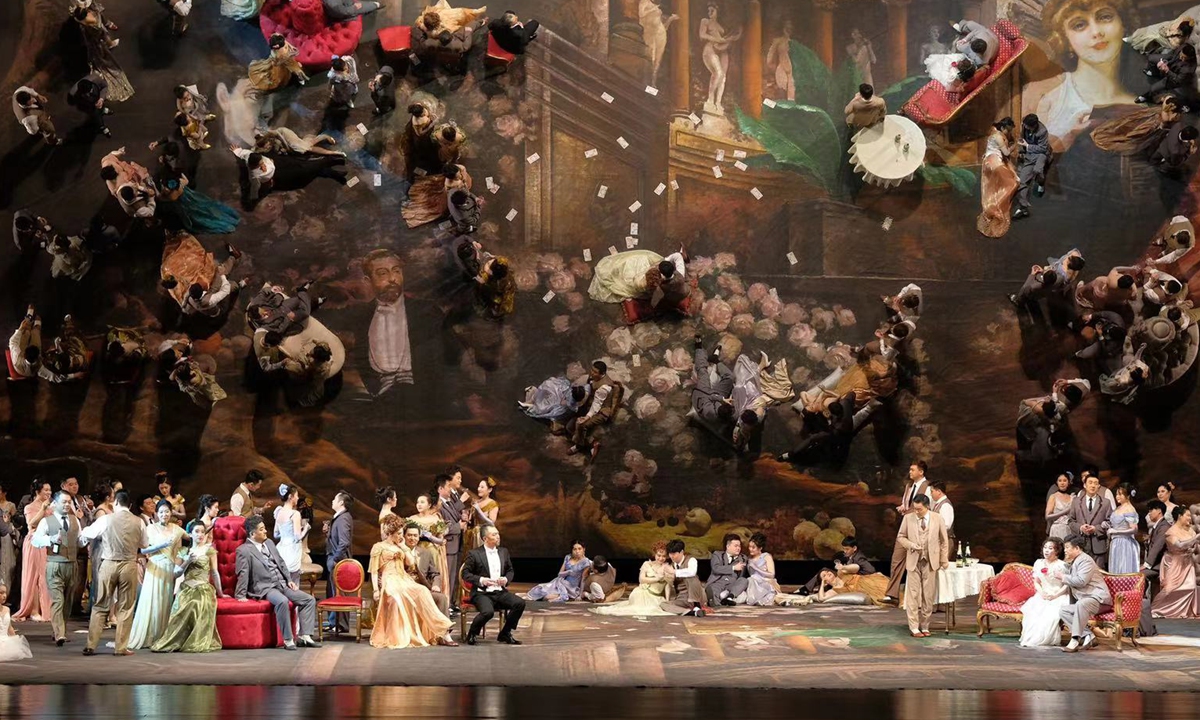
A scene from La Traviata Photo: Courtesy of the Shanghai Symphony Orchestra
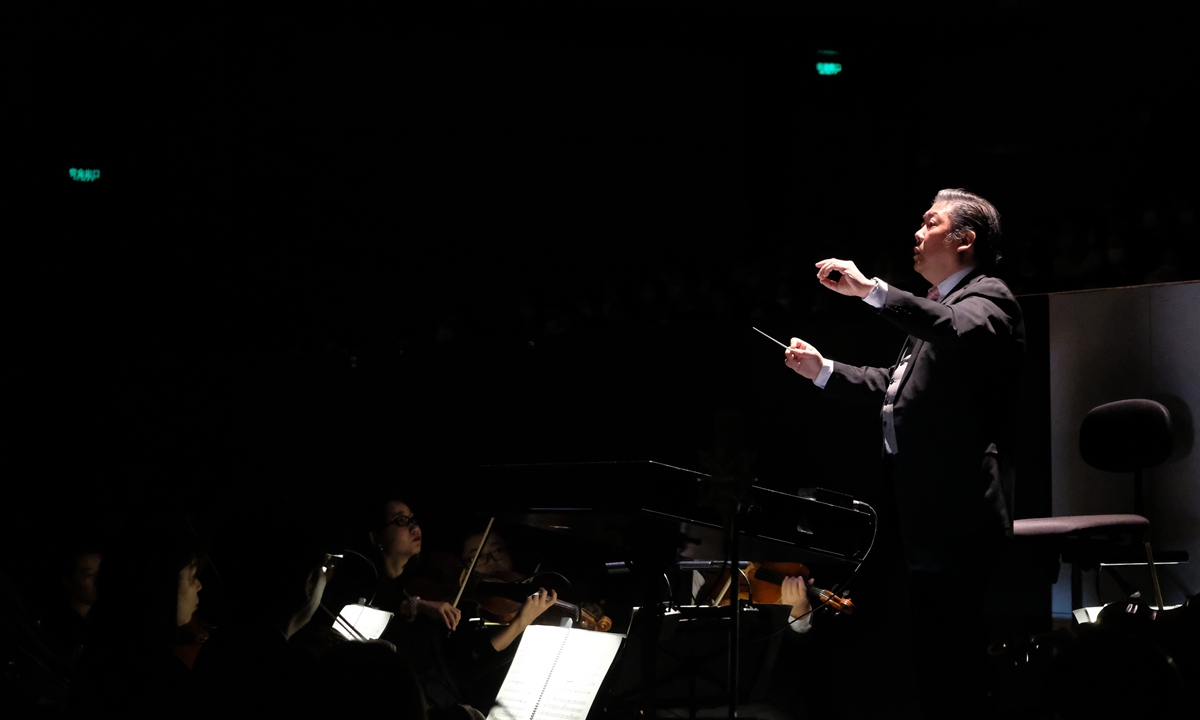
Conductor Yu Long Photo: Courtesy of the Shanghai Symphony Orchestra
Since everything has returned to nearly normal in China, people have begun heading back to cultural venues such as cinemas and theaters just like before COVID-19. This was especially true to the Qingming Festival over the weekend. People were so hungry for art that all 8,000 tickets for La Traviata, the three-act opera by Giuseppe Verdi at the National Centre for the Performing Arts (NCPA), sold out four days before the opera's premiere on Thursday.The Shanghai Symphony Orchestra, led by renowned conductor Yu Long, performed the music for the opera, which features diva Zhang Liping as Violetta Valéry and Shi Yijie as Alfredo Germont.
Zhang, who is well-known in the West for her portrayal of Madama Butterfly, said that it was La Traviata, in which she has performed in many times, that "made her fall in love with opera."
"But each time I stand on the stage, I still feel the need to maintain the freshness and enthusiasm for the role just like it is my first time," she said.
"This year marks the 120th anniversary of Giuseppe Verdi's death. It is an honor to perform La Traviata to pay tribute to him," said Yu, who previously conducted the opera in 2016.
"It is the first time that the Shanghai Symphony Orchestra has worked with the NCPA on such a great opera. It is also an opportunity to promote classical music's development in China."
This version, based on Alexandre Dumas fils' The Lady of the Camellias, was created in 2010 by German director Henning Brockhaus, who came up with the idea to set up a giant mirror on the stage to reflect the charm and extravagance of the 18th century Paris. At the ending of the opera, the mirror moves into a 90-degree position to reflect the audience and make them "part of the story."
The creative design from the director aims to "make everyone feel responsible for these people's fates."
According to Chinese composer Hao Weiya, the opera aims to show that art is not just about entertaining people, but also seeks to make people think. The mirror on the stage in La Traviata also seeks to "inspire thoughtful reflection on people."
